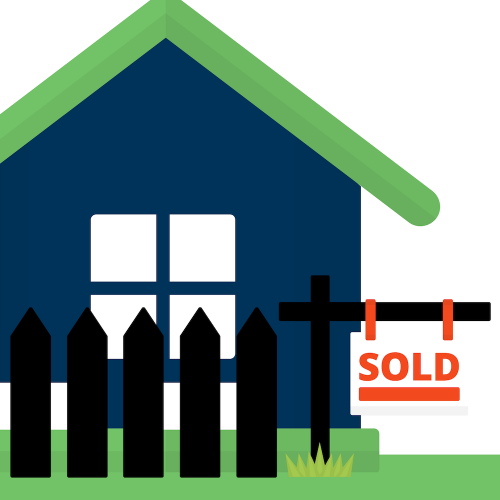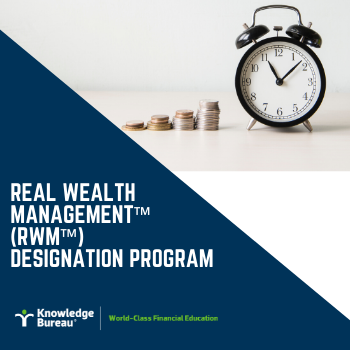Last updated: February 12 2020
It’s Time for New Home Ownership, But at What Cost?

Evelyn Jacks
The home is the most significant asset for many Canadian households. It can bolster personal net worth, and once paid off it reduces future costs of living. Before tax season starts and the RRSP season ends, it’s important to bring this conversation to the forefront for clients like Millennials and Boomers, in particular. Learn why in the first of this three-part article:
It’s now also possible to make more tax-free withdrawals from your Registered Retirement Savings Plan (RRSP) to finance home purchasing, and to qualify for a unique opportunity under the CMHC. Your clients may have heard about this, but likely still have many questions you could help answer. For example: “Do I really understand the steps to making this key financial decision?” “Am I confident I have all the funding and that I am taking it from the right accounts?” “Who is the right financial professional to help me with this – my lawyer, my accountant or my  financial advisor? Perhaps all three?”
financial advisor? Perhaps all three?”
In this case, it’s quite possible that the right person is a Real Wealth Manager™– that most trusted individual who can engage all three, to the financial peace of mind of the homebuyer, who may be hesitant and sure of his or her financial future after embracing home ownership.
There are tremendous tax advantages to home ownership and your client needs to know them. Gains in value of one principal residence in the family are tax exempt. This can make the purchase of a family home very tax efficient over the long run, especially in an appreciating market. Unfortunately, a capital loss on your principal residence is not tax deductible, nor are the interest payments made, unless the home is partially used for business purposes.
But on the downside, the costs of homeownership must be financed with after-tax dollars. Do your clients really know how much net cash flow will be required to keep up the costs of the home? Again, you can help with the help of some sound tax calculator tools, like the RWM Calculators™.
What’s most important in wealth management , however, is to diversify away as much financial risk as possible. Is it wise to let one asset consume all other savings room, at the expense of future financial security? Ownership of the wrong home can be an inhibitor to wealth accumulation. Mortgage debt management is a critical part of this conversation, for those reasons, as well.
Financial decisions to be made with your clients:
- How big a home, and how much debt it brings
- At what expense – lost opportunities to contribute to RRSPs, RESPs, other savings plans, personal lifestyles
- How to mitigate financial risks, especially when things change:interest rates, rising property taxes, repairs and maintenance requirements, loss of a job or changes in health, for example
What does success look like? By purchasing the right size of home over a shorter period of time, two outcomes occur:
1. Debt repayment and interest costs on the mortgage debt can be better managed to reduce costs. Be aware that the interest component of a large monthly mortgage payment on a 25- to 30-year amortized loan can make up 75% or more of the total payment in the early years. Unless the property is appreciating significantly, that’s a big cost, with compounding time working in the favour of the lender. Using the RRSP Home Buyer’s Plan to shrink the debt up front, can be extremely beneficial.
2. More money is available to maximize RRSP contributions, thereby reducing taxes now, deferring tax on income and securing retirement income. Together with the tax-exempt gain from the successful sale of an appreciated home, the two investments together can be negatively correlated: when one is typically rising in value, while the other may not be. Net family worth will increase over time, while risks are managed.
This naturally leads to an important question: what is paid first - the mortgage or the RRSP? The RRSP, in most cases, is at least as important an investment as home ownership. Two reasons: it can help fund the home to begin with and it can help create new funds for mortgage repayment through tax savings.
Additional educational resources. Learn more about the RWM™ designation program, or take a free trial.
COPYRIGHT OWNED BY KNOWLEDGE BUREAU INC., 2020.
UNAUTHORIZED REPRODUCTION, IN WHOLE OR IN PART, IS PROHIBITED.

